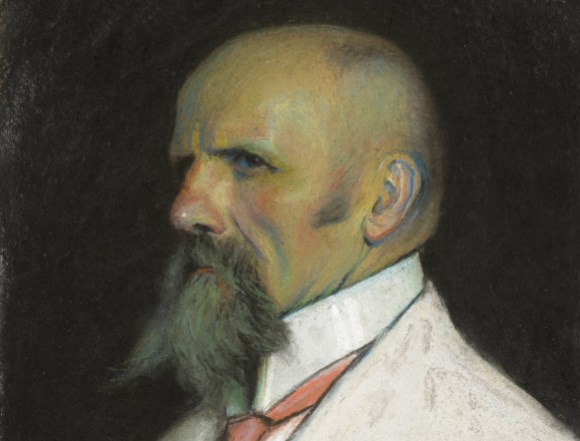
Arguably largest article writing contest on Wikipedia, CEE Spring has been running on 28 language versions of Wikipedia since 21 March. More than 2,200 articles have been created or significantly edited so far. Around 200 participants from countries ranging between Poland and Kazakhstan and between Estonia and Greece are writing about the culture, nature, society, politics, history, science and more of the region of Central and Eastern Europe. Participants from countries like Poland, Bulgaria, Greece and Albania have already closed some of the content gender gap on their Wikipedias by writing more articles about women than about men, and about 8% of the participants are new to editing Wikipedia.
Each week three entities are being promoted on all Wikipedias, although the history and politics of the CEE region can complicate this (as several entities being unrecognized or only partly recognized). The goal is to ensure that a number of articles are written about them in other languages. This, however, does not stop participants from writing about countries like Estonia—and just as last year, Estonia seems to be the most written about country in the world. This might be due to a running gag: “if you don’t know what to write about, write about Estonians”.
The sharing of new articles on social media leads to topics that get covered in many languages because participants from different countries inspire themselves by mentions at the CEE Spring Facebook page. Articles like the one about Slovak geologist Dimitrij Andrusov, who was born in Tartu, studied in Prague and worked in Bratislava have been created in half a dozen languages almost at the same time.
You can still join the contest at your local Wikipedia or simply write about this very interesting region, which has produced scientists like Marie Curie, bands like Omega, Nobel laureates like Aleksandr Solzhenitsyn, multi-country customs like wearing Martenitsi, and opera stars like Solomiya Krushelnytska. Most of the prizes for the contests are hardcover books that can be used as reliable sources for your next articles on Wikipedia.
Nikola Kalchev, Bulgarian Wikipedia community member

Can you help us translate this article?
In order for this article to reach as many people as possible we would like your help. Can you translate this article to get the message out?
Start translation